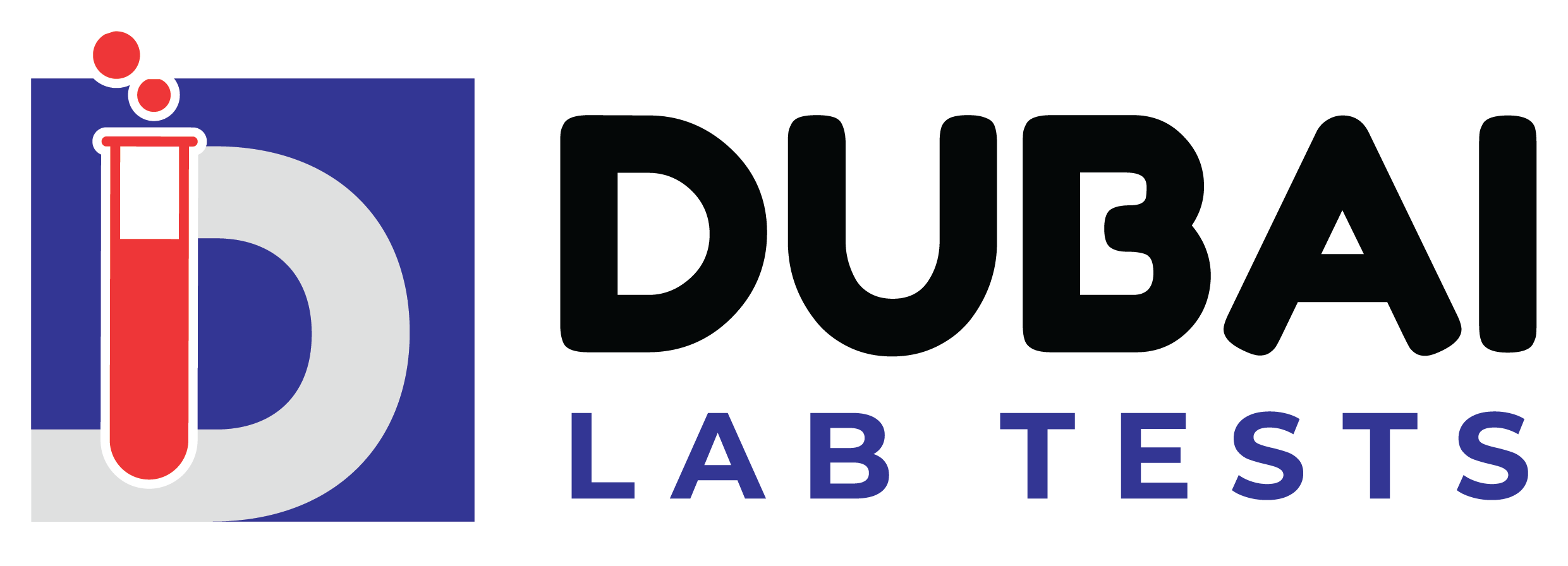The NGS Colorectal Cancer Panel Test is a cutting-edge, next-generation sequencing (NGS) diagnostic tool designed to provide comprehensive genetic insights into colorectal cancer. This advanced panel analyzes a curated set of clinically relevant genes associated with hereditary and sporadic forms of colorectal cancer, enabling precise detection of somatic and germline mutations that drive tumor development and progression. What is the NGS Colorectal Cancer Panel? The NGS Colorectal Cancer Panel uses advanced sequencing technology to analyze multiple genes simultaneously for mutations that may be driving the development or progression of colorectal cancer. These insights are crucial for guiding targeted therapies, predicting treatment response, and identifying hereditary cancer syndromes. Test Overview Test Name: NGS Colorectal Cancer Panel Sample Type: Tissue (FFPE block or biopsy) or blood (for germline testing) Method: Next-Generation Sequencing (NGS) Genes Tested: A curated panel including APC , KRAS , NRAS , BRAF , TP53 , PIK3CA , MSI markers , and more Why Choose This Test? Targeted Therapy Guidance: Identifies actionable mutations that help oncologists select the most effective treatments, including FDA-approved targeted therapies. Predicts Drug Response: Detects mutations such as KRAS/NRAS and BRAF that influence response to anti-EGFR therapies like cetuximab and panitumumab. Hereditary Risk Assessment: Screens for germline mutations and microsatellite instability (MSI), which can indicate Lynch syndrome or other hereditary cancer conditions. High Sensitivity & Accuracy: Utilizes cutting-edge NGS technology for deep genomic profiling with high diagnostic yield. Key Features: – Comprehensive Gene Coverage: Targets a broad spectrum of genes commonly implicated in colorectal cancer, including APC, KRAS, NRAS, BRAF, TP53, MLH1, MSH2, MSH6, PMS2, and others. This ensures thorough analysis of both oncogenes and tumor suppressor genes. – High Sensitivity and Specificity: Utilizes state-of-the-art NGS technology to detect single nucleotide variants (SNVs), insertions/deletions (indels), copy number variations (CNVs), and microsatellite instability (MSI) with exceptional accuracy. – Microsatellite Instability (MSI) and Tumor Mutational Burden (TMB) Analysis: Provides critical biomarkers for immunotherapy eligibility and prognosis, supporting personalized treatment strategies. – Hereditary Cancer Risk Assessment: Identifies germline mutations associated with Lynch syndrome and other inherited colorectal cancer syndromes, offering valuable information for family risk evaluation and genetic counseling. – Rapid Turnaround Time: Delivers results within 10–14 business days, enabling timely clinical decision-making. – Actionable Insights: Integrates mutation data with current clinical guidelines and therapeutic options, helping oncologists tailor treatment plans based on the molecular profile of the tumor. Benefits: – Enhances diagnostic accuracy and enables early detection of genetic alterations. – Supports precision oncology by guiding targeted therapy and immunotherapy decisions. – Facilitates risk assessment for patients and their families, promoting proactive health management. – Reduces unnecessary treatments by identifying non-responders to specific therapies. – Empowers clinicians with detailed, easy-to-interpret reports that include variant classification, clinical significance, and recommended next steps. Who Should Consider This Test? Patients diagnosed with colorectal cancer at any stage Individuals with a strong family history of colorectal or related cancers Oncologists seeking precision medicine options Genetic counselors assessing hereditary cancer risk The NGS Colorectal Cancer Panel Test is an indispensable tool for oncologists, pathologists, and genetic counselors seeking to deliver personalized, evidence-based care. By uncovering the genetic blueprint of colorectal tumors, this test transforms complex genomic data into actionable clinical intelligence. Whether used for diagnosis, treatment planning, or hereditary risk assessment, it offers unmatched precision, speed, and reliability—ultimately improving patient outcomes and advancing the standard of cancer care.






